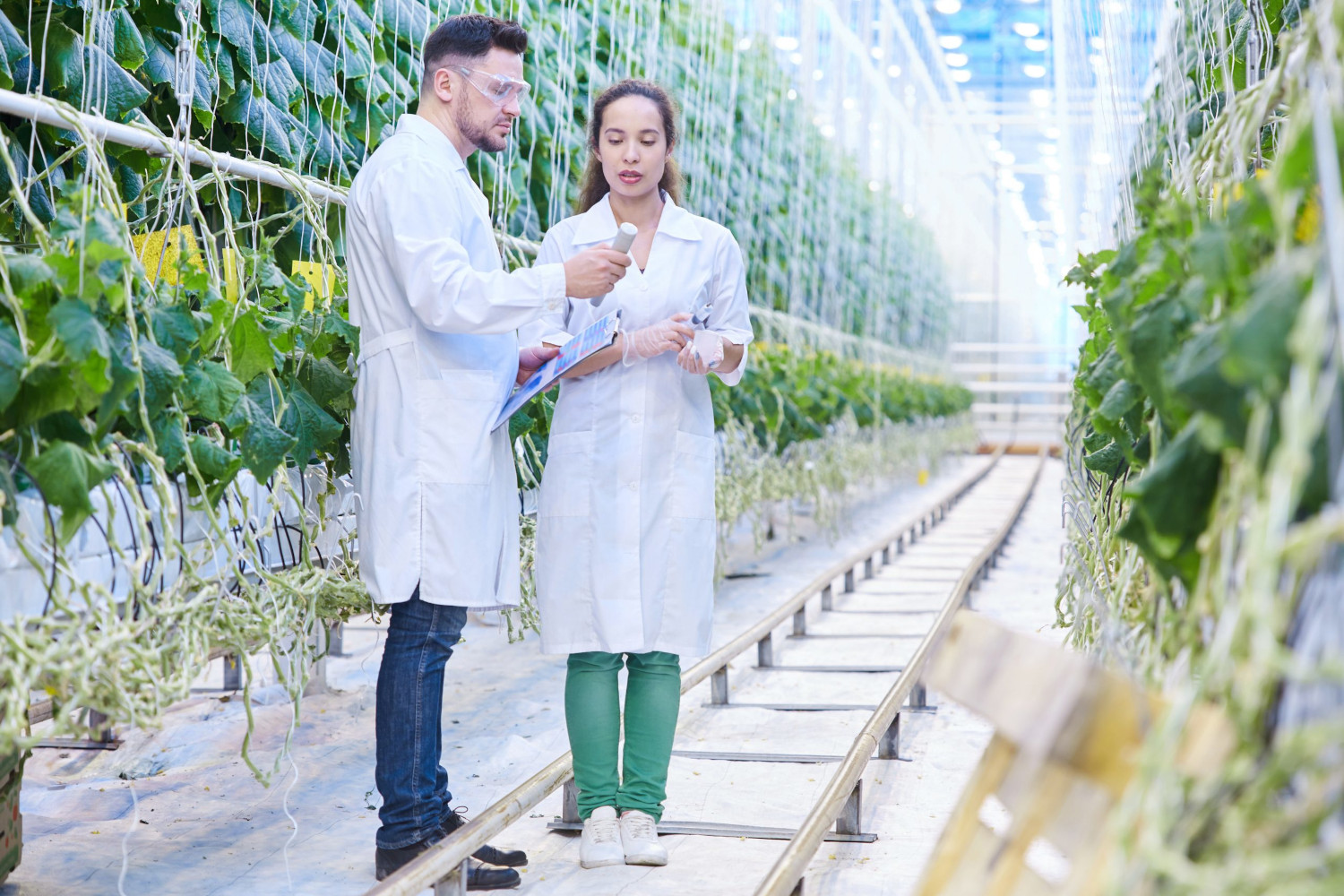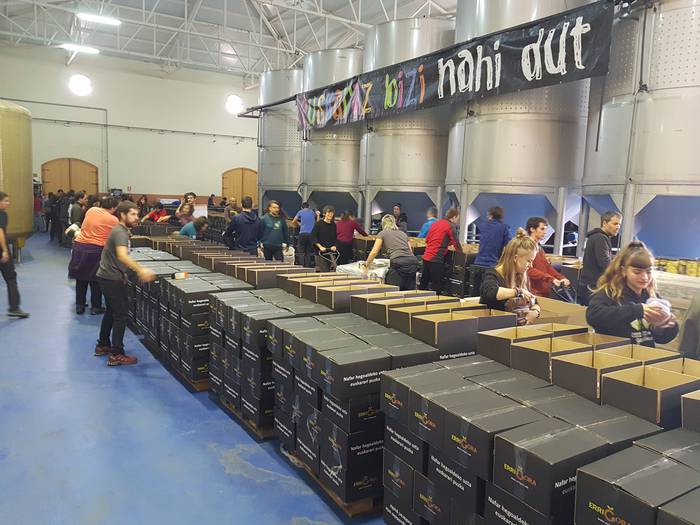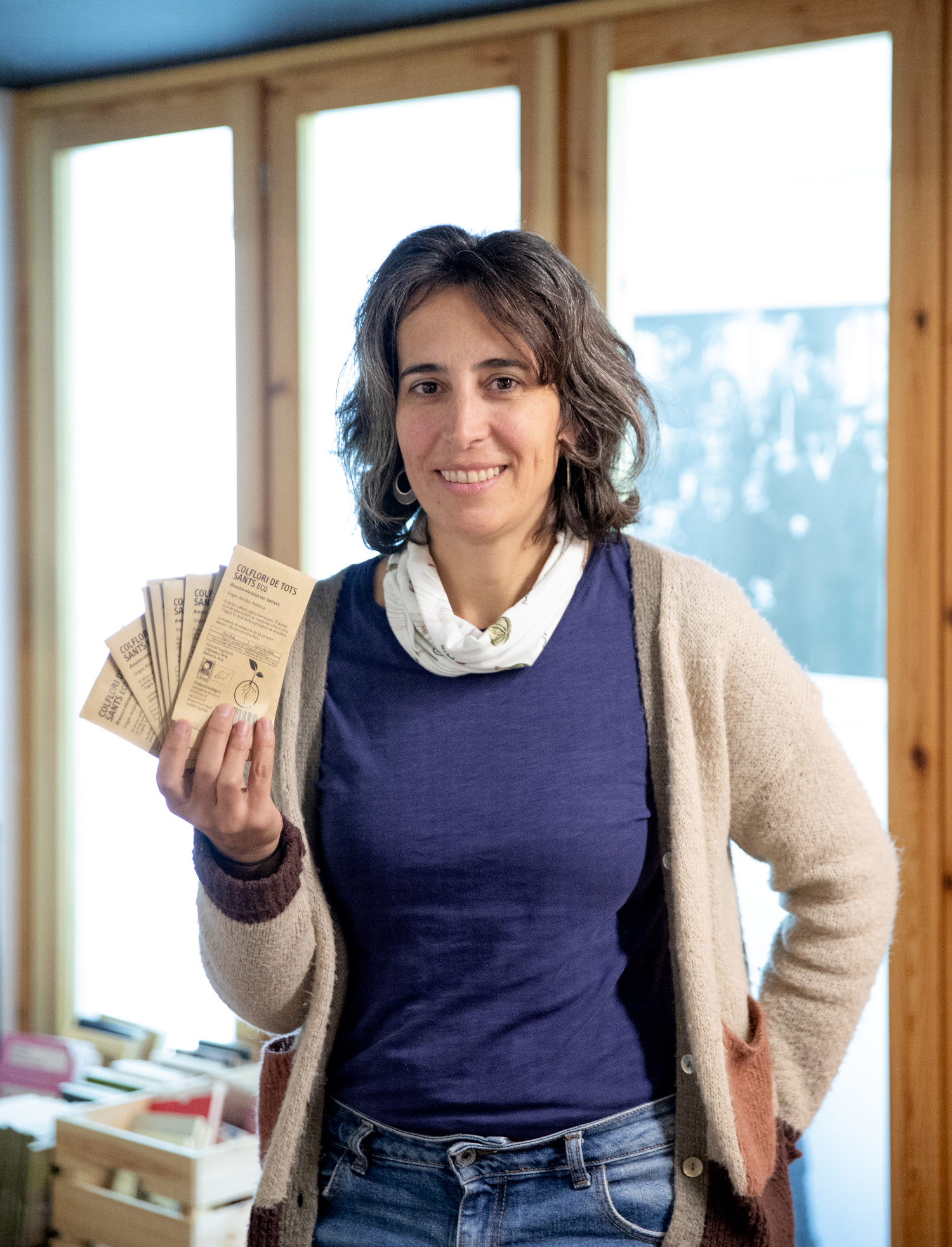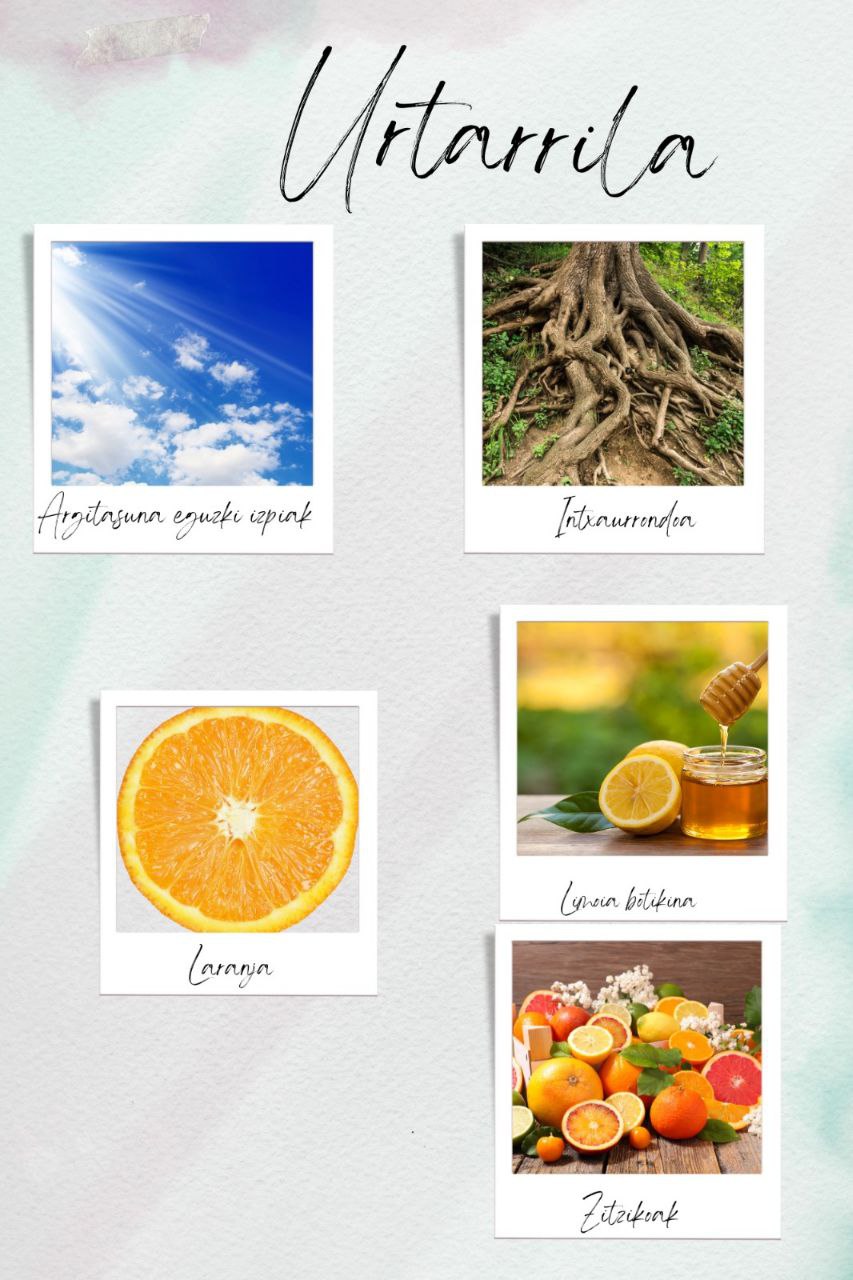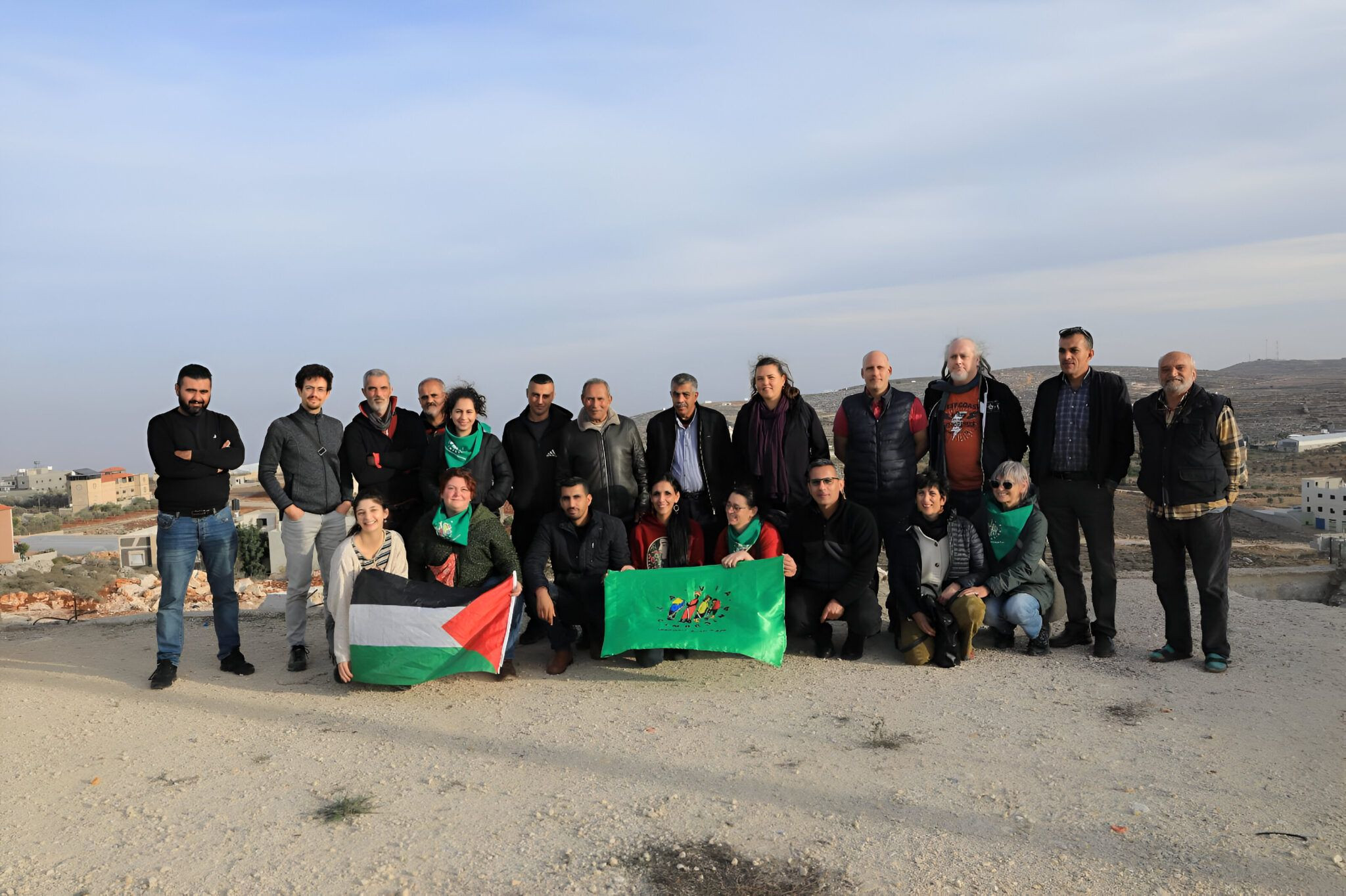Commitment to food sovereignty versus agro-industry in the neighborhoods of Vitoria-Gasteiz
- Dozens of residents of Judimendi (Vitoria-Gasteiz) meet on Saturday to denounce the increase in the shopping basket and the agro-industrial model that benefits from it in the day We are what let us eat: neighborhoods in front of the agro-industry. The Batz Judimendi Solidarity Network has organized a daily programme to reflect collectively on food, enjoy food with Algerian products, get to know each other and weave networks.

On the one hand, they denounce that behind the increase of the shopping cart is the capitalist agro-industrial model of large companies, whose objective is to obtain the maximum yield with a basic good. On the other hand, they have released projects that offer alternative models in the face of the situation.
The organisation has welcomed the day: "Judimendi has clearly stated that, isolated and separated, we will respond together to a system that interests us."
They also emphasize that the increase in the shopping cart is a "collective and structural problem" and have played a "role in strengthening the community and building collective alternatives" in the face of the agri-industrial food model.
Full day programme
The day starts with a round table. Thanks to the economists of Bioalai, Bionekazaritza, Interior and Agurain, they have been able to learn about different projects and experiences that offer alternatives to the agro-industry. "They have clearly shown us that there are alternatives," the organizers say.
After lunch, a young Algerian farmer and a member of the Sarainenea forest have offered a tertulia entitled Landa eta auzoa ondoan. They have talked about the barriers that are preventing small farmers and the difficulties in producing agro-ecologically.
At noon they enjoyed a meal with the food of Álava and after the meal they made a musicated bingo. Next, Betina Campoalegre has offered the theater "The Hormonal Revolution has come."
In conclusion, they have organised a walk denouncing the role of large companies and supermarkets. "They control the food market, both production and sale, making it difficult for producers and small shops in the neighborhood to survive," Batuta said.
Bizkaigane elkarteak elikadura burujabetzan oinarritutako proiektua du Errigoitin (Bizkaia), 1983tik. Instalazioak dauden lur eremutik aterarazi nahi du lur jabeak elkartea. EHNE Bizkaia sindikatuak adierazi duenez, instalazioek lege eta administrazio eskakizun guztiak betetzen... [+]
Martxoaren 10etik 26ra izango da udaberriko kanpaina. 'Beste modura, denona de onura' lelopean arituko dira gertuko ekoizpena, banaketa eta kontsumoa babestu eta sustatzeko, ager zonaldean euskara hauspotzen duten bitartean. Apirila amaieratik aurrera jasoko dira... [+]
Euskal Herriko bi muturretatik datoz Itziar (Bilbo, 1982) eta Ekaitz (Erriberri, 2002), sortzen ari den Burujabetzaren Aldeko Mugimenduaren berri ematera. Euskal Herrian diren burujabetza prozesu ugariak arloz arlo bultzatu eta indartu nahi ditu BAMek. Lan horretan hasteko,... [+]
Emakume bakoitzaren errelatotik abiatuta, lurrari eta elikadurari buruzko jakituria kolektibizatu eta sukaldeko iruditegia irauli nahi ditu Ziminttere proiektuak, mahai baten bueltan, sukaldean bertan eta elikagaiak eskutan darabiltzaten bitartean.








